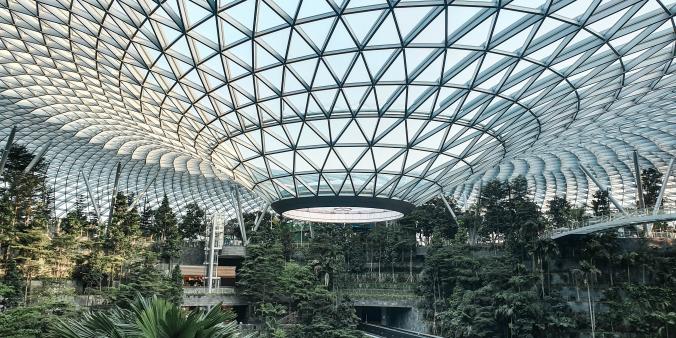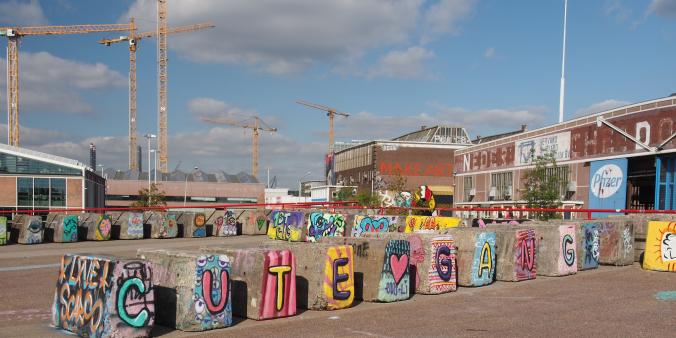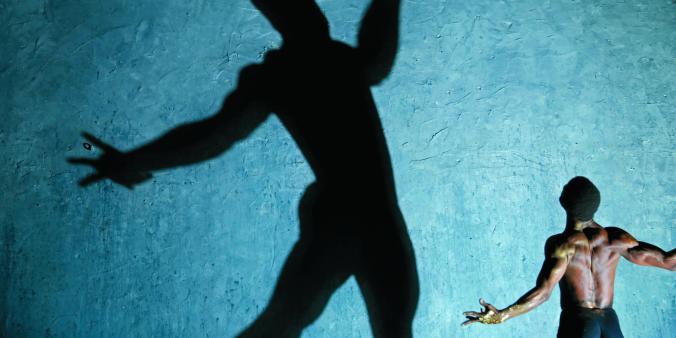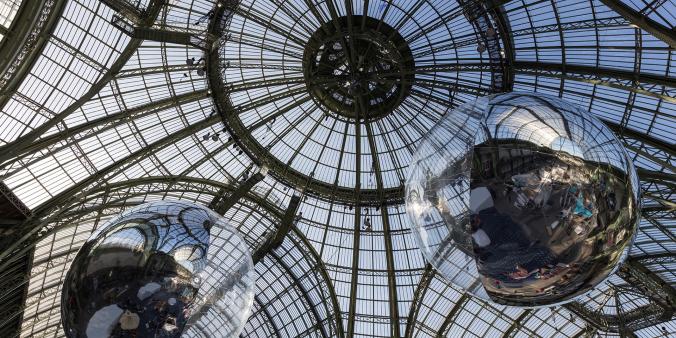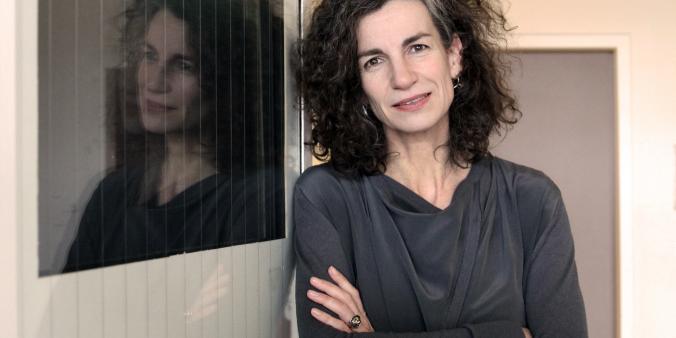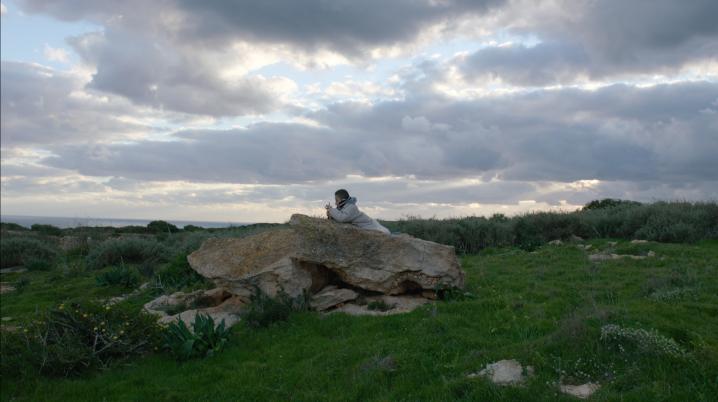
Colloquium about the Aesthetics of Displacement
The colloquium took place at September 17 during Forum on European Culture 2020. The recording can be watched here, the video starts at 7.02.
On Thursday September 17, dr. Sudeep Dasgupta will present his essay Fuocoammare and the aesthetic rendition of the relational experience of migration during our third online colloquium that takes place during the Forum on European Culture 2020. He will argue that the arts can have a disruptive force on discourses that are focused on fixing borders, cultures and bodies onto a map of the world. We will have a critical discussion with Dasgupta about the relevance of his position to the practice of artistic internationalisation with stakeholders from the humanities, the cultural field and cultural policy.
Can Dasgupta’s notion of aesthetics of displacement feed our thinking about the disruptive potential of the arts on frames that limit the free flow of people and cultures? And what are its implications for policy practices, for example the relation between the International Cultural Policy and its goal to inspire societal themes like the United Nation’s Sustainable Development Goals? How can displacement both in aesthetics and in experience of migration help us rethink disciplinary thinking?
On Internationalisation
During the past two years we have been exploring what it means to work internationally as an artist or institution. We started from the assumption that internationalisation in the arts has lost its once self-evident innocence, as can be read here. This has set us on a quest to reformulate the value of internationalisation in the arts.
With the first colloquium we challenged the traditional understanding of ‘international’ critically and politically through the notion of ‘translocality’ as presented by Professor Maarten Doorman. This exploration was mostly about how translocality could help art institutes to adopt international ambitions without losing their rootedness in the local environment. You can read the full report here.
Similarly, in our second colloquium, Ginna Brock questioned the traditional notion of 'cosmopolitanism' as the legitimatisation for our international cultural encounters. In the subsequent discussion we found that we must acknowledge that cosmopolitanism, also in the arts, is and ought to be a political ideal. You can read the full report here.
After the institution and the individual, we will now explore the influence of the arts when thinking about internationalisation.
On the Aesthetics of Displacement
By focusing on the specific articulation of ‘aesthetics’ in the works of Adorno and Rancière, Dasgupta has constructed an understanding of the aesthetics of displacement. He describes the destabilising potential of art’s sensorial experience in both the life of a subject and the social world she inhabits. Aesthetic experience can, according to Dasgupta, undo the separation between the arts, and between the arts and life. Aesthetic experience, in art and other experiences thus harbours a threefold potential: exploiting the instability of rational thought to provoke interrogation of the given world; around questions of displacement and migration, art can provoke rethinking the meaning of places, borders and bodies; help interrogate the distinction between multiple arts.
Dasgupta illustrates this with his essay Fuocoammare and the aesthetic rendition of the relational experience of migration, presented during our colloquium, by analysing the disruptive force of Gianfranco Rosi’s documentary on discourses that are focused on fixing borders, cultures and bodies onto a map of the world.
Dr. Sudeep Dasgupta
Sudeep Dasgupta is associate professor at the department of media & culture, University of Amsterdam. His research interests focus on aesthetics and politics in relation to globalisation, visual culture, postcolonial studies, and feminist and queer theory. He is the editor of Constellations of the Transnational: Modernity, Culture, Critique (2007) and co-editor with Mireille Rosello of What’s Queer about Europe? (2014).
About Fuocoammare
Fuocoammare (2016, in English: Fire at Sea) is an Italian documentary film directed by Gianfranco Rosi. It won the Golden Bear at the Berlin International Film Festival and was nominated for the Academy Award for Best Documentary Feature.
Samuele, 12 years old, lives on an island in the Mediterranean. Like all boys his age, he wants to have fun, climb the rocks and hang out in the harbour. But, his island is not like other islands. It is Lampedusa, which has become the European destination of men, women and children who cross the Mediterranean in far too small and sparse boats. These people are looking for peace, freedom or just happiness, but often it is their bodies that are fished out of the sea. Every day the islanders witness one of the greatest human tragedies of our time.
Come see Fuocoammare at de Balie, Saturday 19 September at 13:15. Buy your tickets.
About DutchCulture’s colloquia
In 2020, DutchCulture organises a series of colloquia to explore the future of international cultural cooperation. What does cultural internationalisation mean in 2020? Are the traditional concepts and categories still sufficient to explain the ambitions of artists and cultural institutions on one hand, and to address the challenges of the globalised world on the other? In order to consider the nature, conditions and consequences of cultural exchange, DutchCulture explores innovative research in the field of cultural internationalisation in a series of colloquia together with stakeholders from the humanities, the cultural field and cultural policy. In this way, DutchCulture wants to use its expertise and network to contribute to knowledge development around supra-sectoral issues.
About Forum on European Culture 2020
This colloquium is part of Forum on European Culture, a biennial forum on the strength, impact and value of art and culture for Europe. The third edition is about ‘We The People’ and takes place from 17 – 20 September 2020 in Amsterdam. The Forum is an initiative of DutchCulture and De Balie. Under this year’s theme “We The People”, we explore what we share and what divides us in turbulent times. We do this through a variety of lenses: debates, film, theatre, interviews - the imagination of Europe’s thinkers and dreamers takes centre stage. See the full programme here.
